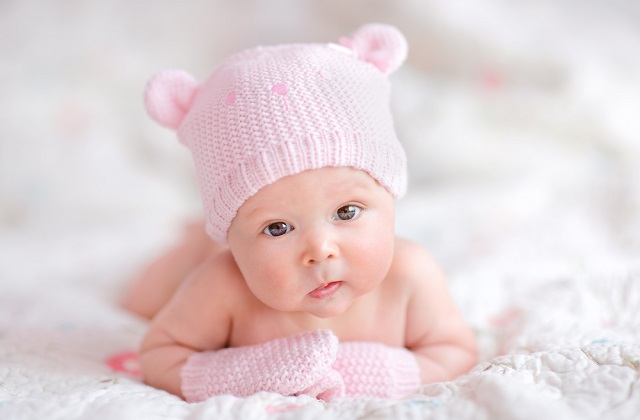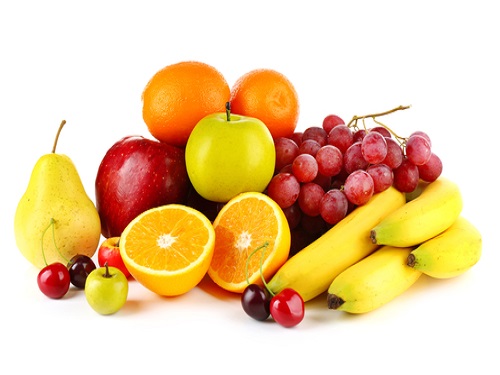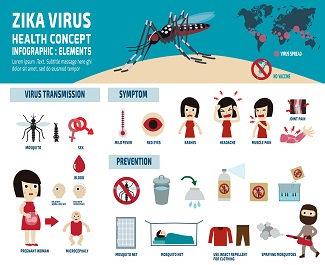Physical appearance and growth: The baby's nervous system is close to full-functioning at the end of the sixth month. At this month, your baby will start teething - two lower central incisors will appear first, followed by the two upper incisors when the baby is about 8 months of old. At six months, a baby boy will have a weight of about 6.4 kg to 9.7 kg and is about 63.5 cm to 71.5 cm in length. An infant girl will have a weight of 5.8 kg to 9.2 kg and a body length of 61.5 cm to 70 cm.
Speech and Language Development: At this month, the baby's hearing sense is more sensitive. He is able to distinguish the different voices and start to learn to make meaningful sounds. He may also be able to pronounciate two or three simple consonants. At this month, you can try to repeatedly call your baby's name in front of him so that he knows that he has a name and may gradually start turning towards you whenever you call his name.
Movements or motor skills: As the baby's head muscle and neck muscle strength are improving, he will prefer to be held upright at this month. Your baby may be able to lift up his chest with the support of both hands on the bed. At this month, as the waist muscle strength is gradually increasing, your baby can now sit upright.
Emotional and social development: At this month, when your baby is happy, he will laugh. On the contrary, if he is unhappy, he may throw tantrums. He may feel scared if he is far away from people who are close to him. Hence, leaving your baby alone with people whom he is not familiar with may cause him to be upset. At this stage, your baby will like to socialize. He might have learned how to smile, tug at people's hands or make sounds to attract others' attention and to communicate with them. It is recommended that you bring your baby out often to allow your baby to know more people. At the same time, you should teach your baby how to greet others as well as how to wave goodbye.



